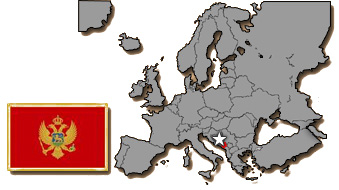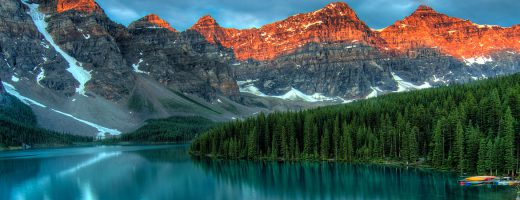GlobalGayz interview with Zdravko Cimbaljevic, (former) director of LGBT Forum PROGRESS in central Podgorica; with an additional description of Juventas and Montenegro Gay Portal Lay of the Land and Culture Montenegro is often overlooked as a tourist destination. Indeed it is often overlooked in general or looked down upon politically, economically and ignored for industrial
On the basis of a referendum held on 21 May 2006, Montenegro declared independence on 3 June. On 28 June 2006, it became the 192nd member state of the United Nations, and on 11 May 2007 the 47th member state of the Council of Europe. On 15 December 2008, Montenegro presented its official application to the European Union, with the hopes of gaining EU candidate status by 2009. Montenegro decriminalized homosexual sex in 1977. The age of consent legislation was equalized in 1977. Homosexuals are not banned from military service. Gays and lesbians continue to face discrimination and harassment in Montenegro. The police have conducted raids and beaten gays, which have been very rare, probably none, in the last few years. The gay scene is very small. Anti-gay attitudes are deeply ingrained.

Gay Life in Montenegro: Past and Present
From the Ottoman Empire to Modern Gay Rights Montenegro is a small Adriatic country has been shaped by a variety of cultural influences throughout history. Eastern Orthodox, Slavonic, Central European, Islamic, and seafaring Adriatic cultures (such as the Republic of Venice) have been the most important in recent centuries. Montenegro saw its independence from the

